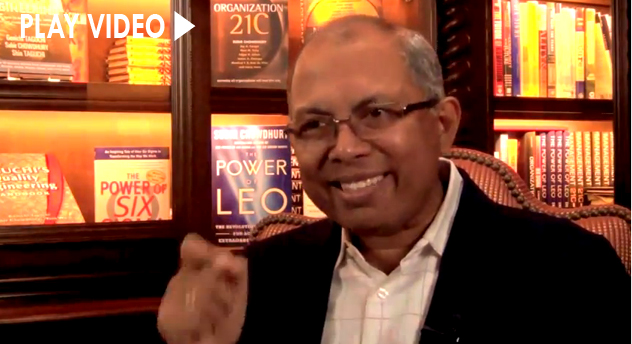You want change? How can you motivate your organization to embrace change rather than resist it?
Quality & You
Quality must affect every conversation and interaction that we have with peers, subordinates, and leaders; every interaction that we have with co-workers, friends and family. That is why Quality is Everyone’s Business.
Do you want to change your organization – to transform the rank and file members so that they WANT to achieve true Quality? Of course you do – who doesn’t.
But even the most perfect retraining process will fail if you do not gain firm commitments from the people you are asking to implement the change. And that would be everyone in your organization. I have learned that when companies force a process on their workforce without first receiving their commitment to participate, the rank and file employee will become resentful and they’ll fight change – even when they know that change is for the better.
Now, I ask you to apply that reality to other situations – government, education, business, your family – without willing and full cooperation of everyone involved, implementing even a small change is difficult if not impossible. When we want to bring about change, we must ask for the utmost commitment from every active member – including ourselves. This is also true for my own change process, “Quality Is Everyone’s Business” (QIEB). I cannot ask a client company to implement a change in their quality process without first knowing that certain fundamentals are met.
In my book, The Power of LEO, I laid out these fundamentals – I called them the “Four Cornerstones.” These are the basic ground rules that can make the difference between a process that fails, or one that leads the organization toward a sustainable pathway of change.
First, I ask that people say to themselves and others, “Quality is MY responsibility.” This personalizes the pathway as a self-actualized mission. Quality is not someone else’s problem. Quality is the personal pursuit that is reflected in every aspect of “my” work. Thus it becomes their personal belief that they can make a difference.
What is important is the belief that the change is making a difference.
Second, everyone must accept that Quality must involve ALL the people, ALL the time. In effect, you will deputize the rank and file members of your organization to recognize a problem and solve it. If trashcans are overflowing with trash, the janitor is empowered to request larger receptacles. People must act as they would if they saw a burning fire – filled with the belief that they have the solution to make a lasting impact.
Third, everyone must adopt an “I-can-do-it-Mindset.” There is a straight line between the leader’s policies and the behavior and attitudes of the employees that follow, and that line continues on into the quality quotient. For the Quality transformation to be sustainable, management needs to instill confidence among rank and file members of the organization; build up the belief that responsibility is the only answer.
Finally, we must also assume that ‘one-size’ does not fit all. It’s always tempting to look for a policy (framed by some handy slogans) that can be applied across the board to any and all situations. It would make life so much simpler. But haven’t we already learned that such solutions are counter-productive? In an earlier article, I demonstrated how individual response to quality can be very different from person to person. Moreover, there are so many special cases and exceptions that any set policy itself becomes irrelevant the moment it is enunciated on the organization. Therefore, doesn’t it make sense to allow every individual to arrive at their own reason to believe in Quality?
I have seen situation where these Four Cornerstones act as a catalyst for acculturation. People tend to push each other along toward improvement. And as people improve, they are encouraged to do more. At the end of the day, it isn’t the process of change that’s important. What is important is the belief that the change is making a difference. That’s how I believe that Quality will become Everyone’s Business.



















